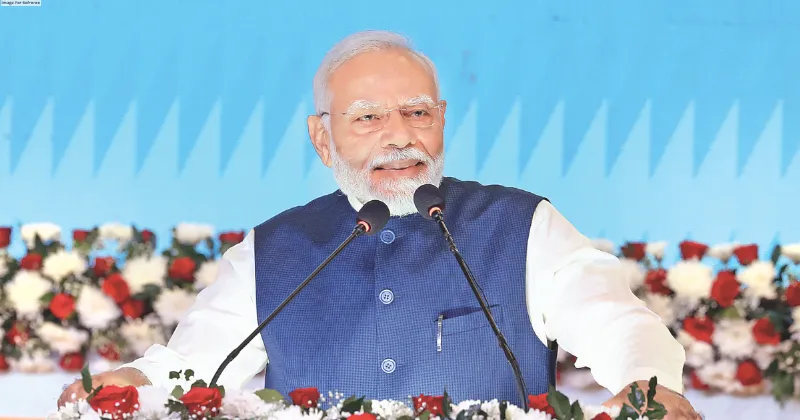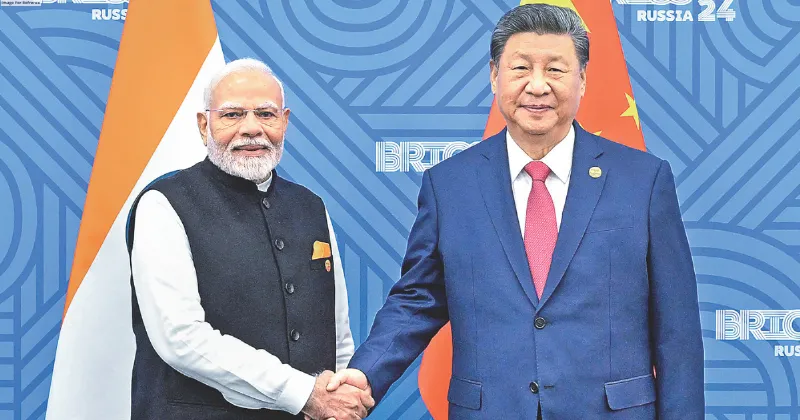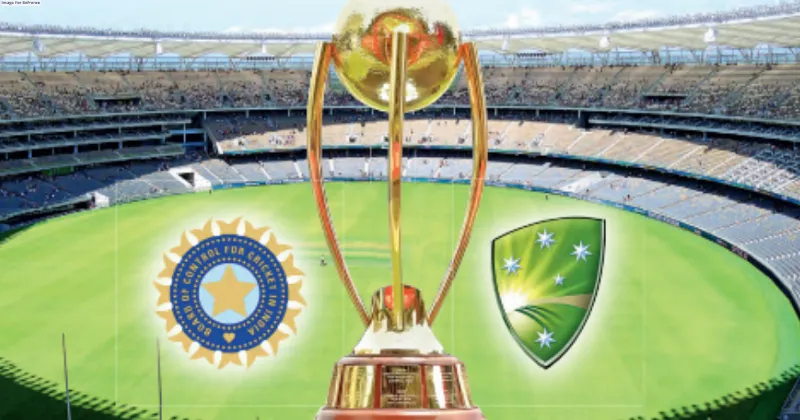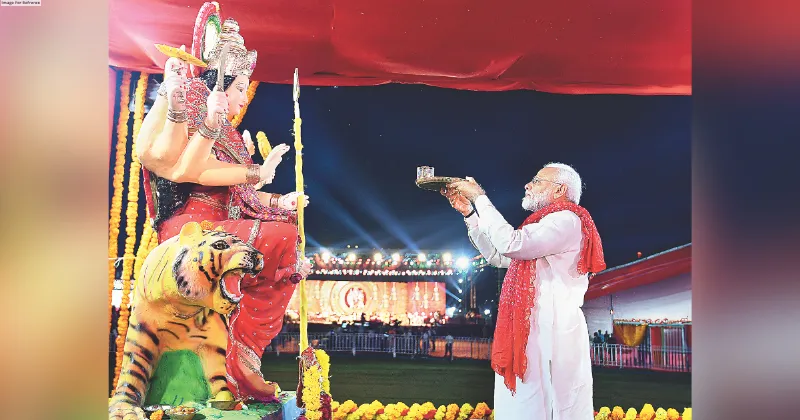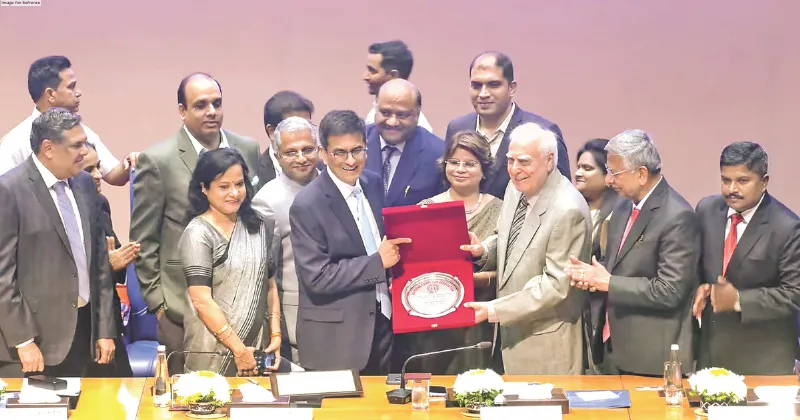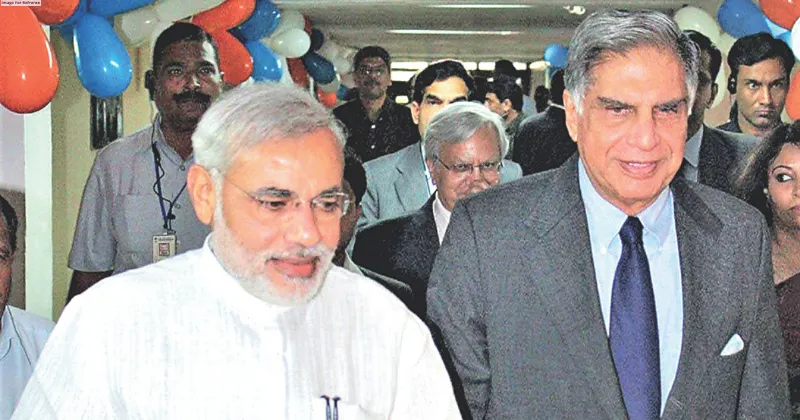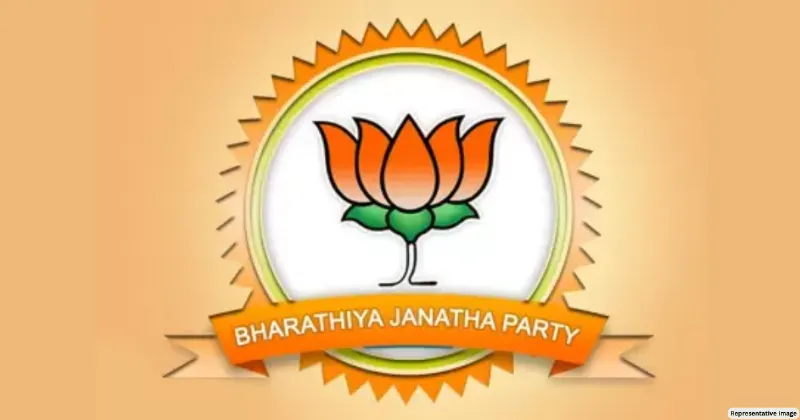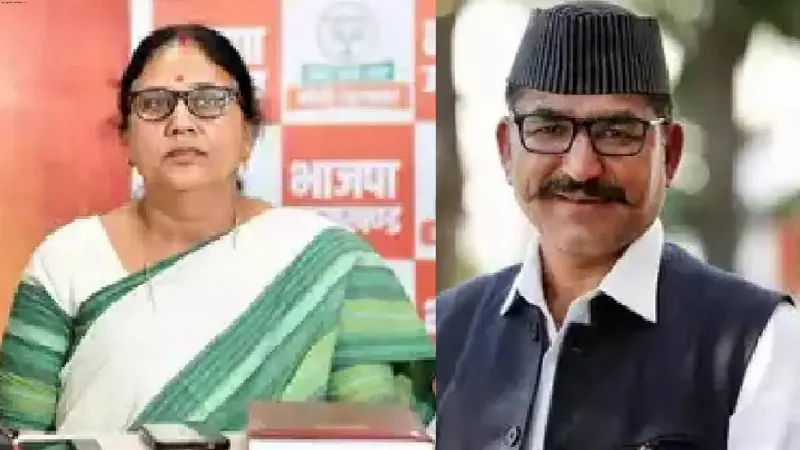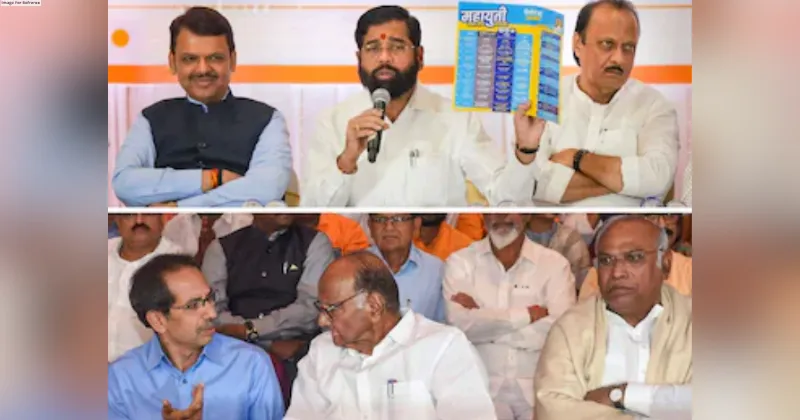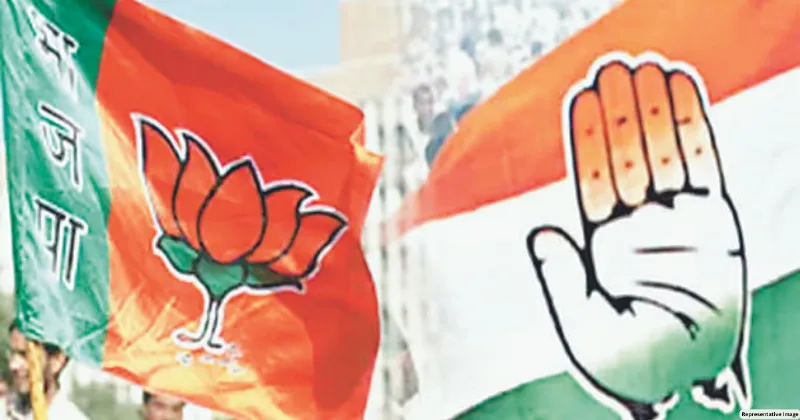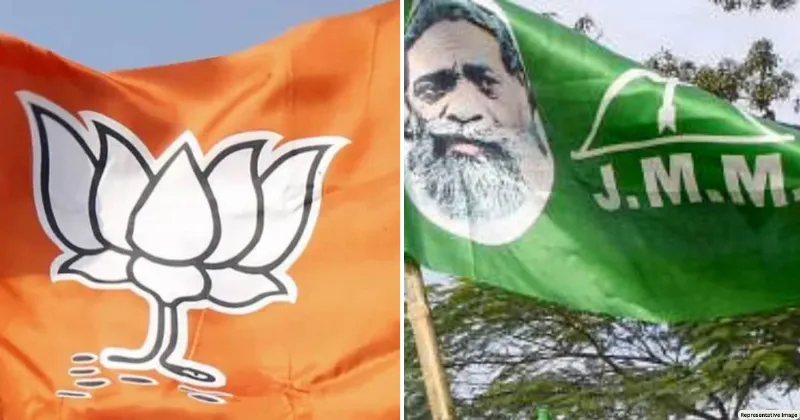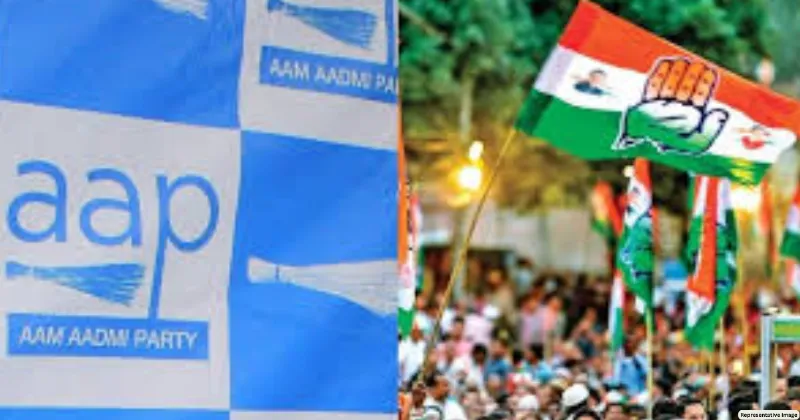Latest News
INDIA’S STRATEGIC CULTURE IN EMERGING NEW WORLD ORDER
.png)
India’s Strategic cultural is reflective of it being Republic with freedom of belief, ideological diversity and secular democracy. India is a big power in an unequal international order and that global multi-polarity will benefit India’s national interests. The term strategy has traditionally been used to refer to the way that military power is used by government in the pursuit of their interests. India, indeed, has set an example of following both the basic principles of national strategy - Defence and Development as well as Diplomacy and Military Powerin the best way of balance in practice.
India maintains strong traditions of strategic thought consistently since independence and has been consistently dealing with the threats being posed by China and Pakistan since the days of her independence. China, a mixed regime of political totalitarianism and economic dominance of market makes it inevitable for India to align with the US to counter China. As regards Pakistan, it was created and survives on the basis of TwoNation Theory and there is no option for them to behave in other way. In this situation, even if India follows more aggressive strategy, as provoked by them, the strategic environment would be more complicated rather than more secure. India needs to strengthen ties with Russia to reduce adverse effects of China - Pak nexus.
India, the most populous country and one of the fastest growing economies in the world is turning to be a prominent voice in global affairs in a multi polar world. The key elements of Indian strategic culture that will enable India to be of relevance in the emerging world order are - India’s Nuclear Doctrine that makes India regarded as a very responsible nuclear power, autonomy in defence sector, a concept that has recently taken off from theory to practice, Look East Policy, another immediate tangible action is in pursuit of an exclusive strategic advantage in the Indian Ocean and finally strengthening ties with Russia as visible by current visit of India’s Prime Minister at the outset of his third term in office.
The Indian Ocean is viewed as the pivotal point on India’s strategic chessboard and India’s maritime strategy and actions have unfolded according to how it can build hegemonic dominance in the Indian Ocean. Opeartionalising Far East Naval Command in Andaman and the Nicobar Islands, and plans to deploy long-distance submarine ballistic missiles in the Indian Ocean to reinforce its regional strategic superiority and consolidating its traditional strategic deployment in the Bay of Bengal and the Arabian Sea makes Indian strategic doctrine in line with its emergence as extra regional power in new world order.
The new multilateral world order is characterised by rise of China as a global economic and military power challenging the US and the West. Despite extensive discussions in the UNO, G-7 Summit in Italy and the Summit for peace in Ukraine in Switzerland, the global leaders have failed to make any headway in resolving major ongoing conflicts in Ukraine and Israel. India has emerged as prominent player to shape international issues of security against terrorism, climate change, water scarcity, and net security provision etc for global good. As a fastest growing economy and rising extra regional power, India must endeavour to exploit country’s soft power outreach in the coming decades. The major favorable factors for India are: fast-growing economy, improved agriculture, path breaking technology in space, a relatively young and dynamic population, good foreign relations, robust democracy and competent armed forces.
WAY FORWARD
- By 2048, India would be the largest economy in the world after China. India will have to work on tackling economic inequality, sustaining growth in agriculture, manufacturing and service sector, improving upon infrastructure and deal with governance issues specially redtapism and corruption.
- Keep the interests alive of the globally present People of Indian origin (PIO) or Non-Resident Indians (NRIs) who are holding prestigious political and industrial posts to influence foreign policies to India’s favour.
- India has emerged as voice of global south and must strive to get a permanent seat at the UNO. Increase its presence in the existing global conflicting zones in Ukraine and Israel help in facilitating resolution of these conflicts.
- Reduce dependence for defence sector equipment and material on other countries, rather move forward more vigorously to achieve autonomy in defence sector and emerge as a major defence sector exporter.
- India must continue to work on its proximity to Russia and the US (need to align with India to counter growing power of China) and use this acceptability in both blocks to emerge as an important player in the global affairs.
- Increase influence in Chinese dominated groups like BRICS and SCO by encouraging more India friendly nations joining them.
- Work to ensure US proposed initiative to link India, the Arabian Gulf and Europe through the India - Middle East - European Corridor (IMEC) takes an effective shape as a counter check to the inroads made by Chinese sponsored Belt and Road Initiative (BRI).
- Inculcate better ties with immediate neighbours and make SAARC more effective to emerge as stronger force in South Asia and Indian Ocean to counter Chinese strategy of Strings of Pearls used to encircle India and reduce its influence in Indian Ocean Region (IOR).
- Pursue Look East Policy more vigorously to counter Chinese Three Warfare Strategy (TWS) which focuses on Public opinion warfare, Psychological warfare and Legal warfare and has been used against India as seen in case of Leh (Ladakh) and Arunachal Pradesh disputes.
THE VIEWS EXPRESSED BY THE AUTHOR ARE PERSONAL
Col Rajesh Bhukar The writer is a Post Graduate in International Studies, Alumni of Defence Services Staff College, Wellington and College of Combat, Mhow [email protected]

